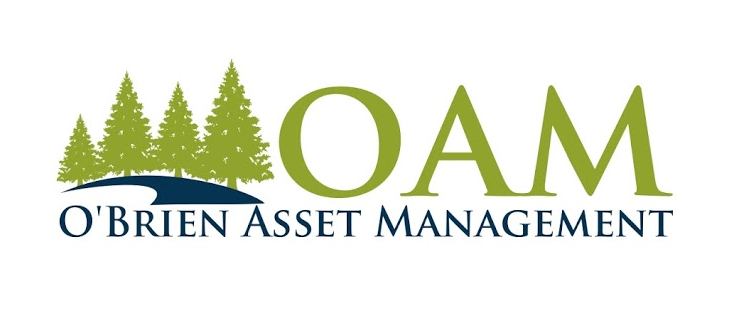Some clients found themselves short of funds in the midst of a condominium conversion recently and covered the shortfall by borrowing from their 401(k)s. It made sense to them because a unique feature of a 401(k) loan is that, unlike other types of borrowing from a lender, the employee literally borrows their own money out of their own account, such that the borrower's 401(k) loan repayments of principal and interest really do get paid right back to themselves (into their own 401(k) plan). In other words, even though the stated 401(k) loan interest rate might be five percent, the borrower pays the five percent to themselves, for a net cost of zero. Which means as long as someone can afford the cash flows to make the ongoing 401(k) loan payments without defaulting, a 401(k) loan is effectively a form of "interest-free" loan.
The caveat, though, is that paying yourself five percent loan interest doesn't actually generate a five percent return, because the borrower that receives the loan interest is also the one paying the loan interest. And borrowing from a 401(k) causes you to lose out on tax efficiency. Loans are repaid with after-tax dollars. In other words, someone in the 25 percent tax bracket would need to earn $125 to repay $100 of the loan. Savers' 401(k) money is taxed again when withdrawn in retirement, so those who take out a loan are subjecting themselves to double taxation.
But the real cost of borrowing from a 401(k) plan is that it exacts a big opportunity cost. Borrowers miss out on any compound growth that their investments would otherwise have earned in the market. Many plan participants either stop contributing to their 401(k) or reduce their contribution for the duration of their loan, so they also miss out on the company match.
Unless the money is repaid quickly, the loan represents a permanent setback to retirement planning. So for a short-term shortfall like my clients experienced, it can be a good solution. For any payback period of more than six months to a year or so, check out other options.
